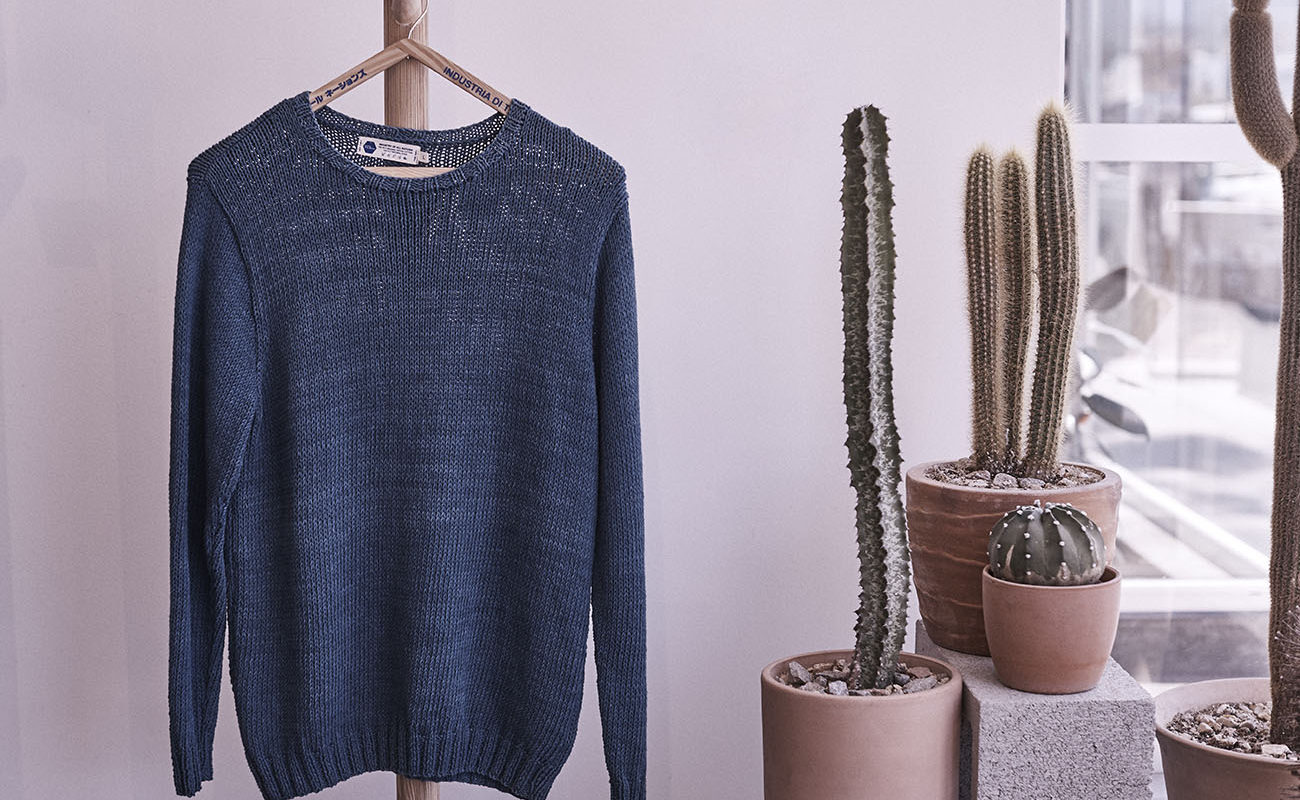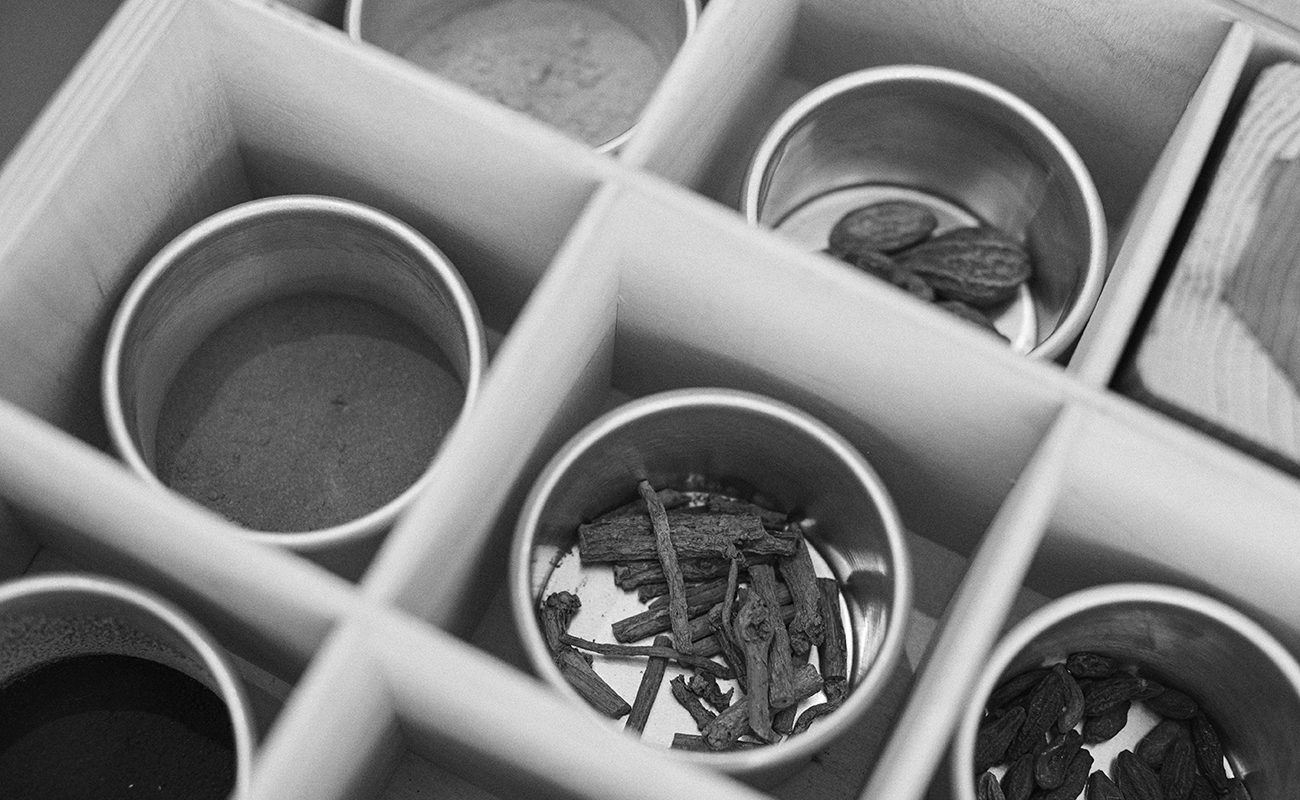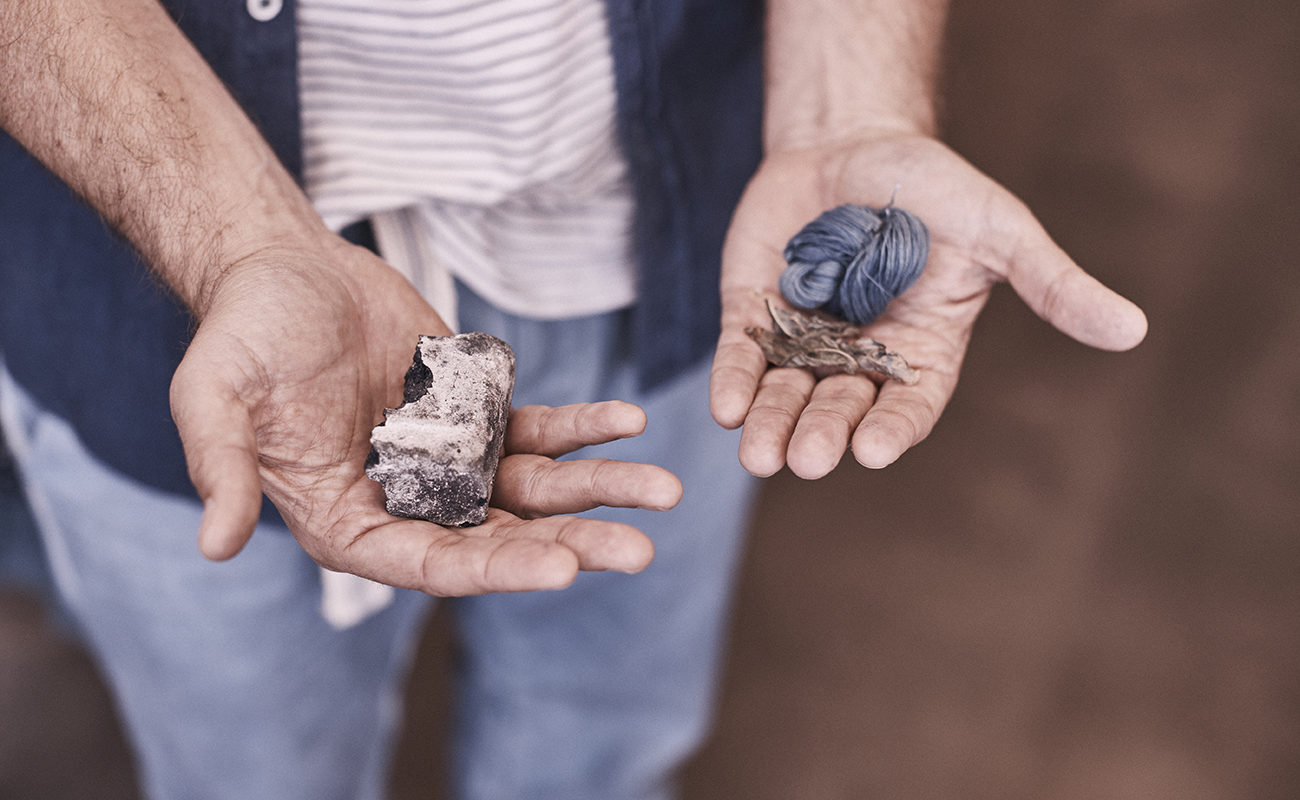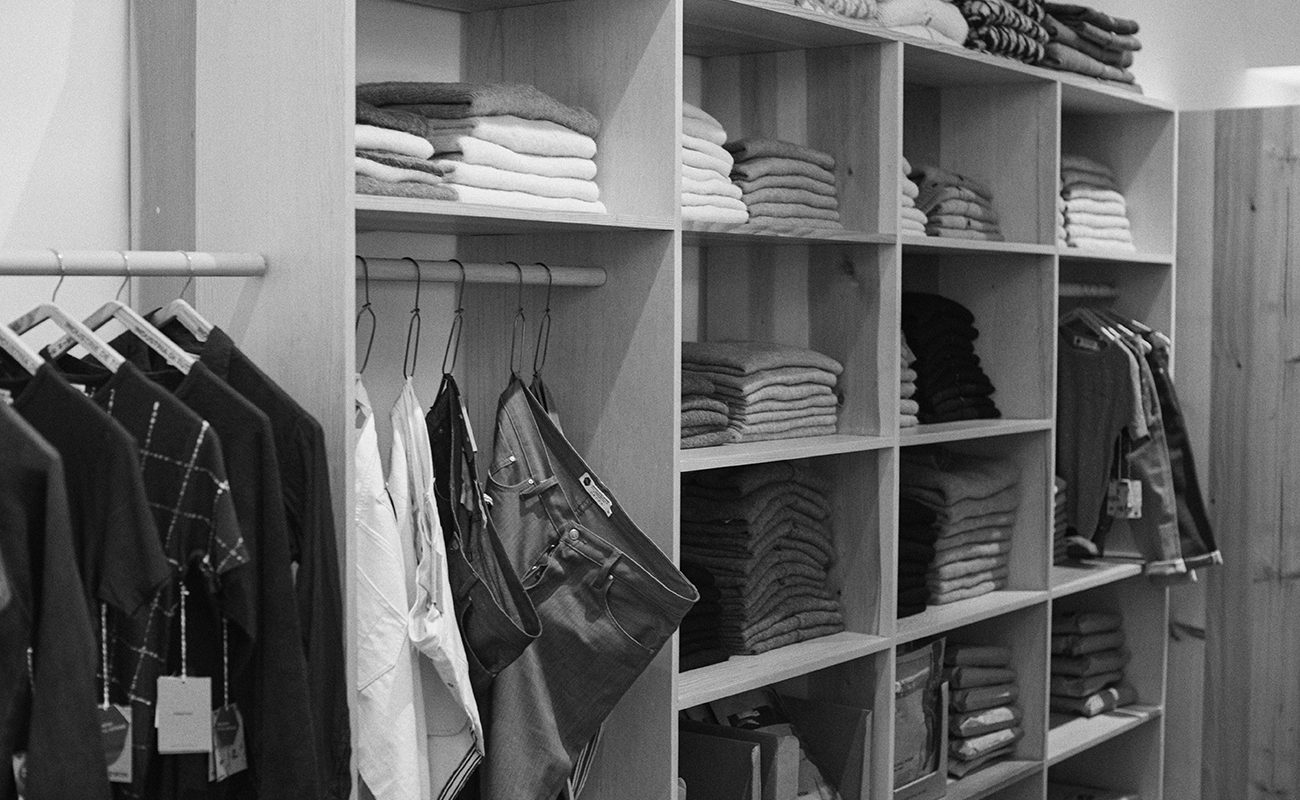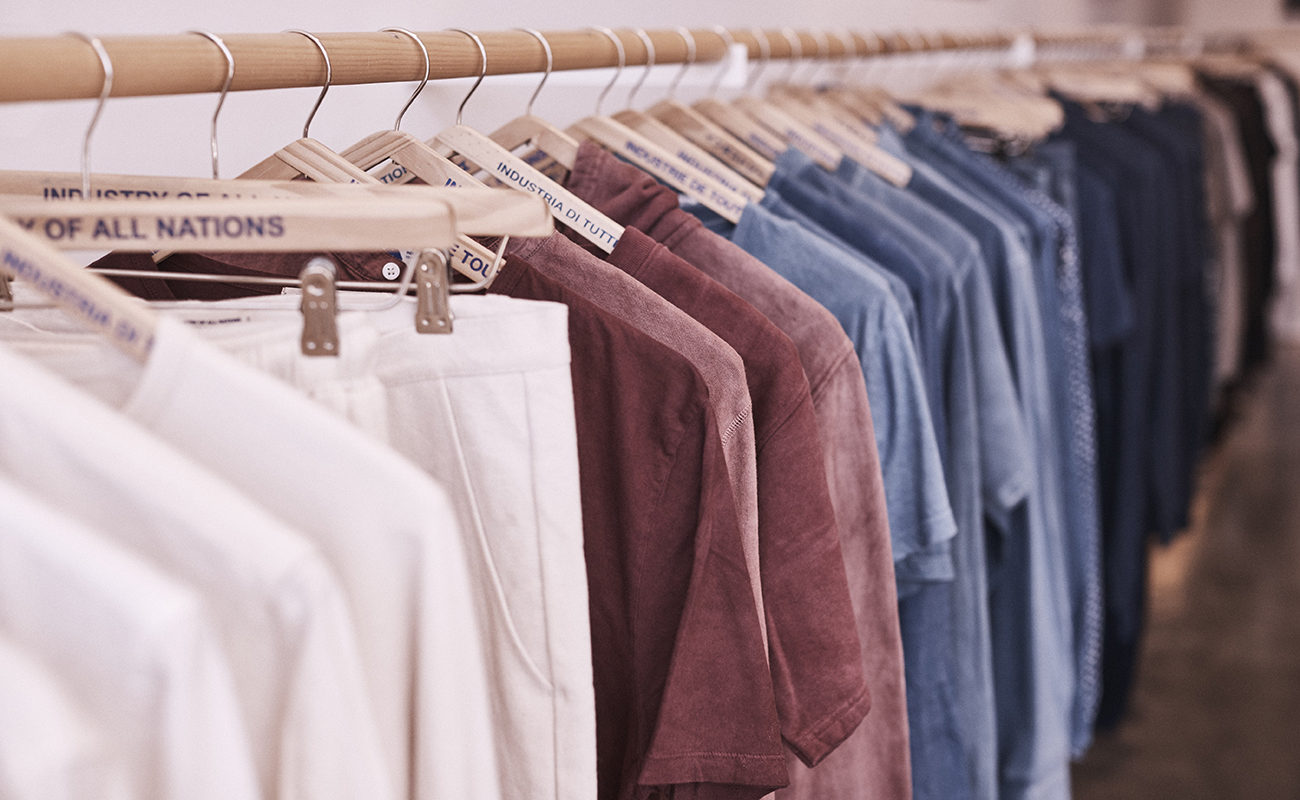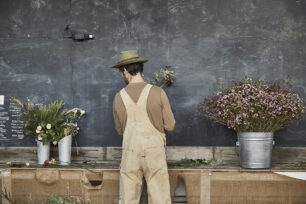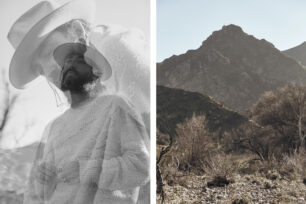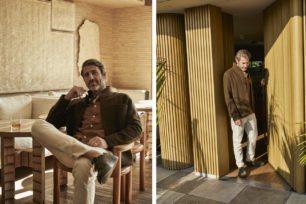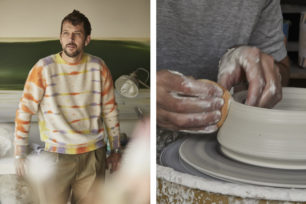The Brand Resisting The Culture of Disposable Fashion
It may come as a surprise to many that the environmental impact of making clothes – particularly cheap clothes – is enormous. Thankfully there is a large, new wave of designers resisting this culture of disposable fashion with brands such as Industry Of All Nations leading us into the future of fashion.
The brainchild of Juan and Fernando Gerscovich, Industry Of All Nations produces quality staples which are developed horizontally in collaboration with local communities around the world, creating new designs through traditional and innovative industrial processes. Here, we speak with co-founder, Juan Gerscovich, as he discusses his brand and why he’s so opposed to fast fashion.
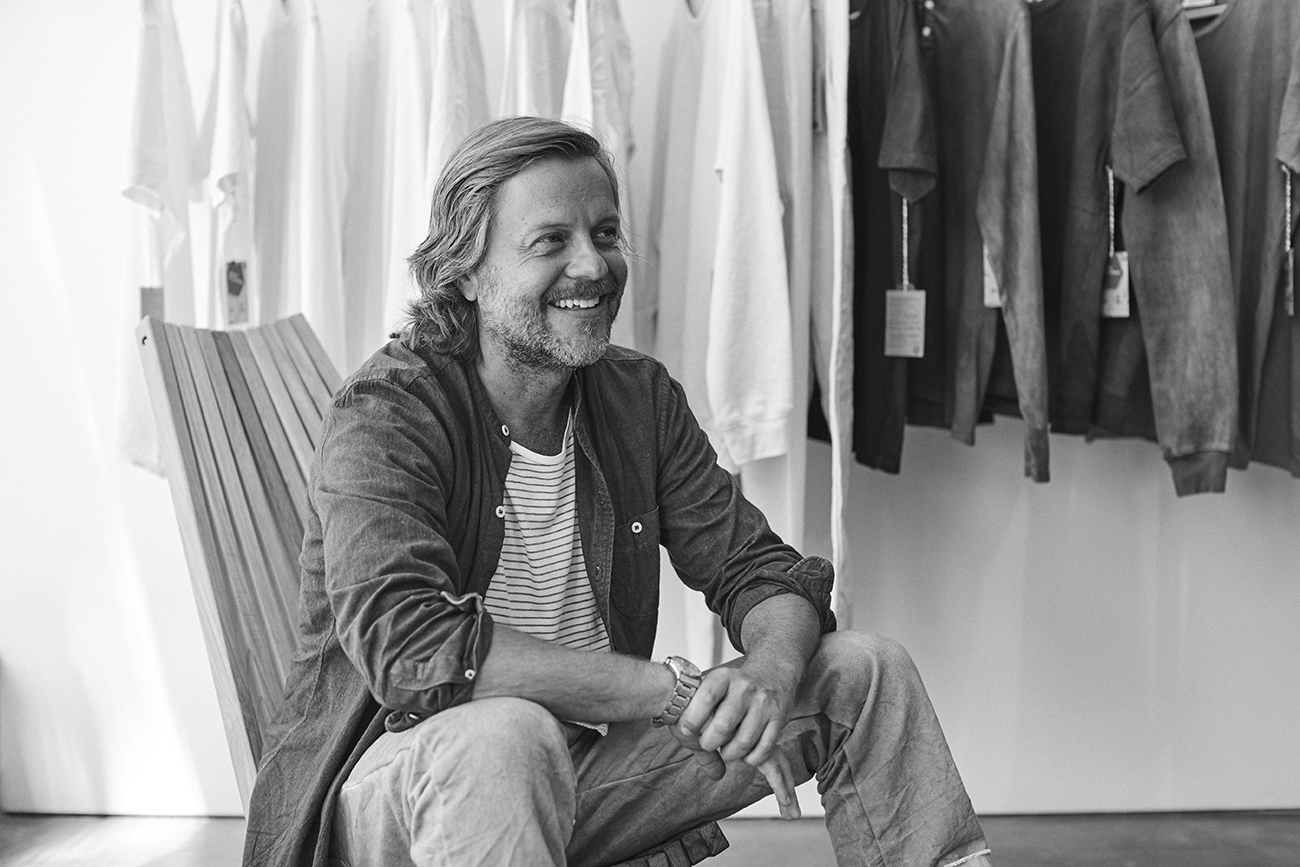
Juan Gerscovich photographed in the Industry of all Nations store in Venice, California by Trevor King.
HOW WAS INDUSTRY OF ALL NATIONS BORN?
IOAN was born with the purpose to bring productions back to the original makers. As consumers, we got to an extreme point of frustration and discontentment when no matter what we needed to purchase, from a pair of shoes to a bag, they were all made in one or two Asian countries for the simple reason of it being cheaper.
We believe products have a culture. They belong to the people who created them and are passionate about making them. They belong to the people who make the material they are made with, they are the result of creativity, hard work, passion and love for creating. A product should not be made by companies who are solely used because they have cheap labor and people should not only be used because they are cheap. This creates orphan products, and we believe the world cannot sustain working like this.
Waking up every day and knowing that the only reason you are doing this is because you are cheaper than somebody else. We don’t want to be part of that system, that’s why we created Industry of All Nations.
We think products have a culture. They belong to the people who created them and are passionate about making them, they belong to the people who make the material they are made with, they are the result of creativity, hard work, passion and love for creating.
HOW WOULD YOU DESCRIBE THE OVERALL AESTHETIC OF IOAN? I’m an architect, not a fashion designer, so I’m not interested in creating new shapes or designs in clothing. I just want to make everyday clothes in the most socially and environmentally sustainable way possible. That’s why IOAN lives by: “It’s not what we do, but how we do it”.
DOES YOUR HERITAGE COME THROUGH IN THE DESIGNS?
I don’t think my heritage comes through in our designs, although I think the fact that I grew up in Argentina and have traveled around the world all my life has given me the openness to know that there is a big world out there full of great people and their products.
I’m not interested in creating new shapes or designs in clothing. I just want to make everyday clothes in the most socially and environmentally sustainable way possible.
CAN YOU EXPLAIN SOME OF THE PRACTICES INVOLVED IN THE SUSTAINABLE DESIGN PROCESS?
In all our design choices we use as little ingredients as possible. We are putting a lot of power behind our undyed and unbleached organic cotton products, as well as our production of Alpaca products which are also completely undyed. The fewer ingredients the better for all.
If we need to dye, we try to only use 100% natural dyes derived from plants and minerals and in all cases, we give farming communities, breeders, and developers the chance to be able to work with the raw material to make the finished product.
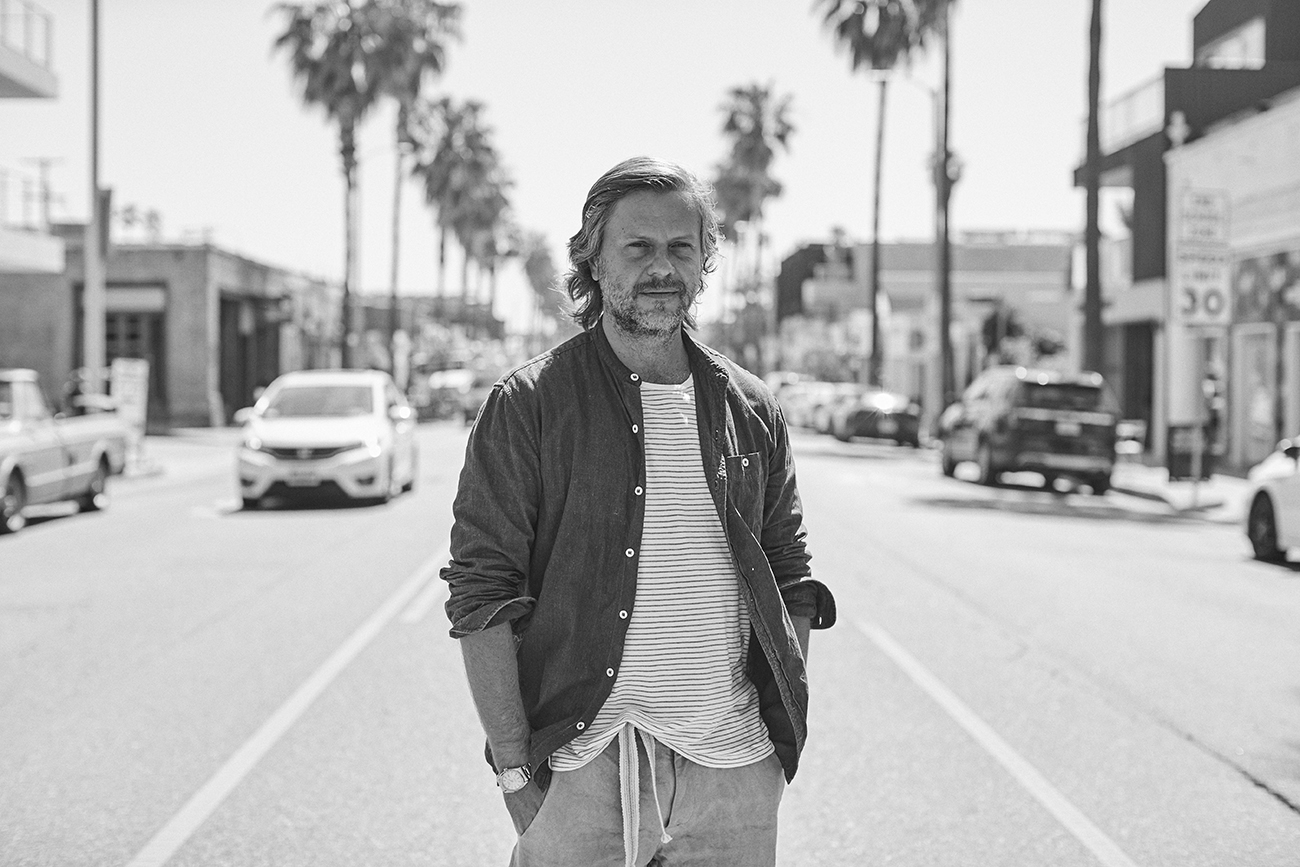
Photo: Trevor King
WHAT ARE SOME OF THE CHALLENGES YOU FACE WITH THIS PROCESS?
In many of these cases we are starting the research and development process from the very beginning with our manufacturing partners so sometimes it can take several runs at production and years to perfect and achieve the desired final products and qualities.
HAVE YOU SEEN A CHANGE IN PUBLIC PERCEPTION OF ETHICAL CLOTHING OVER THE LAST FEW YEARS?
People come in every day to the IOAN store. We have introduced a whole new world of sustainable productions and a business model to people who have never seen or heard it before, and no matter if they end up purchasing something or not, they leave having learned something new.
Some people are already very aware, but I would still say these are the exception. I think we need to be patient and remember that change doesn’t happen overnight, although the change in the way we produce and consume is needed urgently!
DO YOU HAVE ANY ADVICE FOR CONSCIOUS CONSUMERS WANTING TO MAKE A DIFFERENCE?
I always tell people to ask questions before buying anything: ask how is it made, who made it, where is it made, in that order. Don’t get too frustrated if you don’t get an answer, that question will hopefully start to reach heads of companies and answers will start to arrive, but only if we remember and don’t get shy or tired of asking. Remember that shopping is like voting!
Visit Industry of all Nations
1121 Abbot Kinney Blvd, California | 528 Hayes St, San Francisco | www.industryofallnations.com

